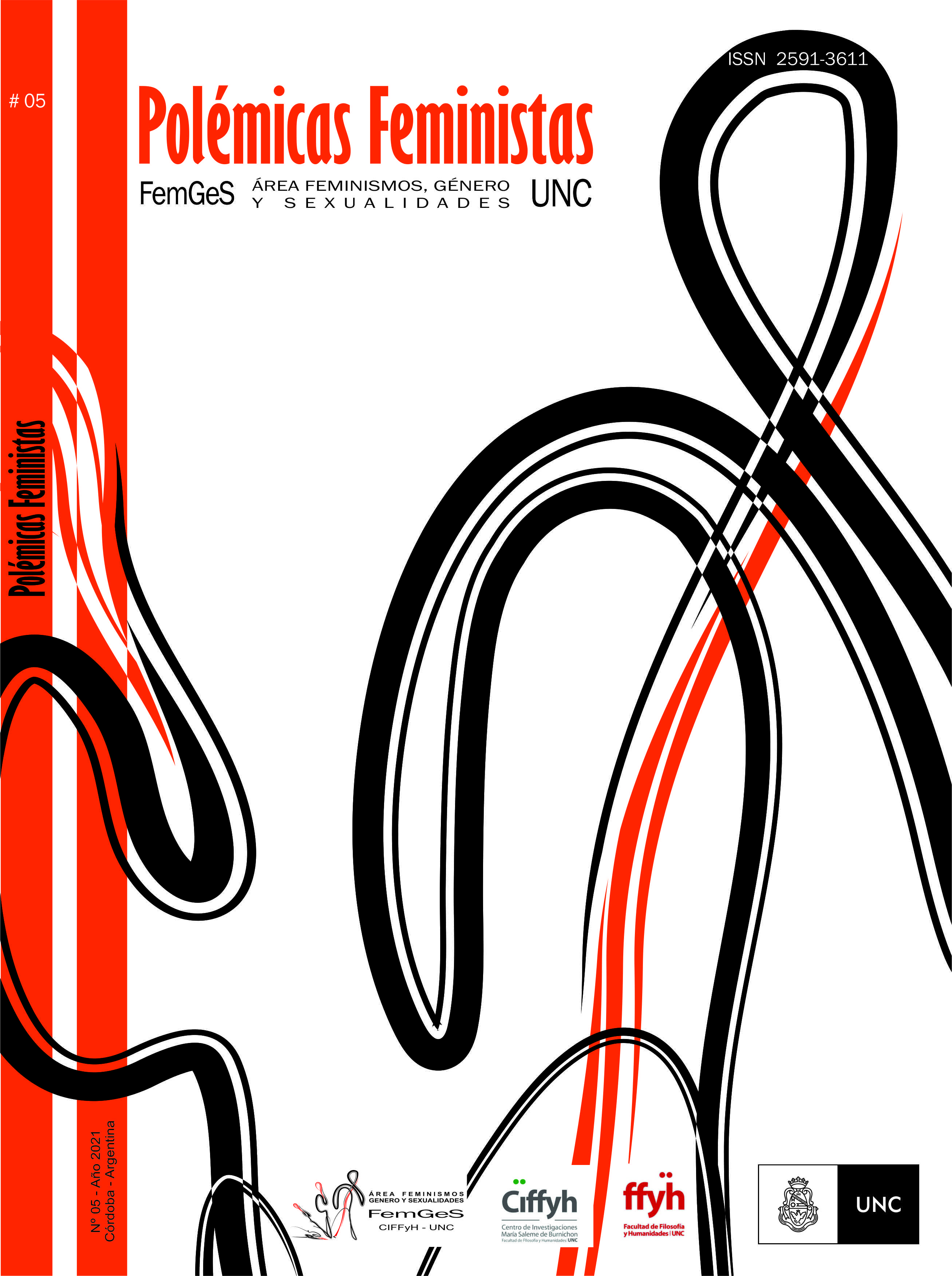Migrant women and activist research artists: the case of mumi collective at Tanti city
Keywords:
Migrant Women, MUMI, Performatic Map, Liminal HabitabilityAbstract
MUMI is a migrant women collective that arises from the experience of two investigating artists, who for various reasons moved with their families to Punilla Valley, Córdoba. There, their experience intertwined with that of other migrants like them and in 2018, as part of these encounters, they developed this project in search of a possible response to a shared need to accompany each other and elaborate on the discomforts and problems of migration, an internal one. During 2019, the collective began holding meetings in the format of "Mapping Workshops" that took place in Otilia Cultural Center, whose main objective was to "give rise to the voices of Tanti´s migrant women."
The workshops were designed from the notion of “body-territory” (Critical Geography Ecuador, 2018) and in this sense, the tools of “social cartography” were used. Due to the particularities of the phenomenon, the need to take a perspective that includes “intersectionality” (Williams, 1989) was understood and adhered to the “sensocorporreflexión” methodology (Aschieri, 2019), as a strategy that made it possible to address emotional connections and cognitive skills of the participants in the framework of a review of ways of doing things.
Downloads
Downloads
Published
Issue
Section
License
Copyright (c) 2021 Patricia Cristina Aschieri, Micaela Daniela Suárez, Débora Traverso

This work is licensed under a Creative Commons Attribution-NonCommercial-NoDerivatives 4.0 International License.
From 2022: Attribution - Non-Commercial - Share Alike (CC BY- NC- SA 4.0)
From 2011 to 2021: Attribution - Non-Commercial - No Derivative Works (CC BY- NC- ND)






